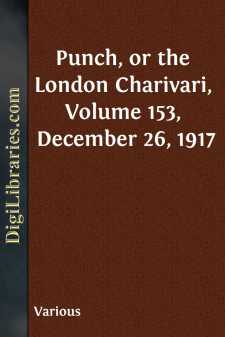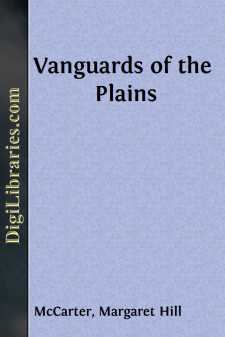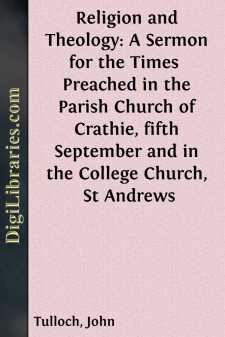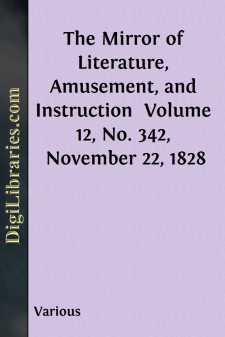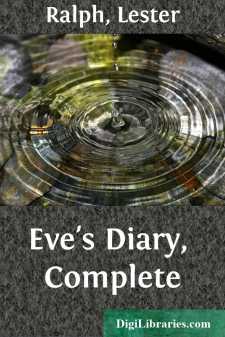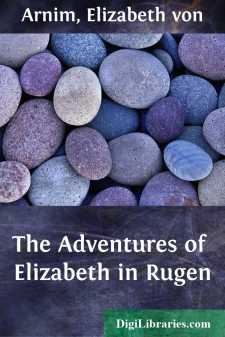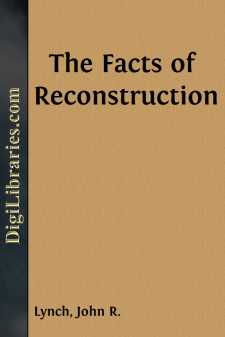Categories
- Antiques & Collectibles 13
- Architecture 36
- Art 48
- Bibles 22
- Biography & Autobiography 813
- Body, Mind & Spirit 142
- Business & Economics 28
- Children's Books 17
- Children's Fiction 14
- Computers 4
- Cooking 94
- Crafts & Hobbies 4
- Drama 346
- Education 46
- Family & Relationships 57
- Fiction 11829
- Games 19
- Gardening 17
- Health & Fitness 34
- History 1377
- House & Home 1
- Humor 147
- Juvenile Fiction 1873
- Juvenile Nonfiction 202
- Language Arts & Disciplines 88
- Law 16
- Literary Collections 686
- Literary Criticism 179
- Mathematics 13
- Medical 41
- Music 40
- Nature 179
- Non-Classifiable 1768
- Performing Arts 7
- Periodicals 1453
- Philosophy 64
- Photography 2
- Poetry 896
- Political Science 203
- Psychology 42
- Reference 154
- Religion 513
- Science 126
- Self-Help 84
- Social Science 81
- Sports & Recreation 34
- Study Aids 3
- Technology & Engineering 59
- Transportation 23
- Travel 463
- True Crime 29
Sort by:
ACT I A large old-fashioned room in Matthew Beeler's farm-house, near a small town in the Middle West. The room is used for dining and for general living purposes. It suggests, in architecture and furnishings, a past of considerable prosperity, which has now given place to more humble living. The house is, in fact, the ancestral home of Mr. Beeler's wife, Mary, born Beardsley, a family of the...
more...
by:
Various
WITH THE AUXILIARY PATROL. I do not think there was a single man of the ship's company who bore the loss of poor Mnemosyne dry-eyed. From the lieutenant down to the trimmer we had become sincerely attached to this affectionate little creature, and when unhappily, during the temporary absence of the steward, she ventured to circumvent the rim of an open condensed milk-tin, missed her footing and...
more...
"The black-eyed Judith, fair and tall,Attracted the heir of Riccon Hall.For years and years was Judith known,Queen of a wild world all her own;By Wooler Haugh, by silver Till,By Coldstream Bridge, and Flodden Hill:Until, at length, one morn, when sleetHung frozen round the traveller's feet,By a grey ruin on Tweedside,The creature laid her down and died."—Border Ballad. More than three...
more...
I THE BEGINNINGS OF A PLAINSMAN There came a time in the law of lifeWhen over the nursing sodThe shadows broke, and the soul awokeIn a strange, dim dream of God.--LANGDON SMITH. It might have been but yesterday that I saw it all: the glinting sunlight on the yellow Missouri boiling endlessly along at the foot of the bluff; the flood-washed sands across the river; the tangle of tall, coarse weeds...
more...
by:
John Tulloch
RELIGION AND THEOLOGY. 2 Cor. xi. 3.—"The simplicity that is in Christ." There is much talk in the present time of the difficulties of religion. And no doubt there is a sense in which religion is always difficult. It is hard to be truly religious—to be humble, good, pure, and just; to be full of faith, hope, and charity, so that our conduct may be seen to be like that of Christ, and our...
more...
by:
Various
COUNCIL OFFICE, &c. WHITEHALL. From the Druids' Temple, at Abury, (our last engraving,) to the Council Office, at Whitehall, is a long stride in the march of time. From "grave to gay, and lively to severe," is nothing to it; but variety is the public dictum; and with more sincerity than the courtier in Tom Thumb, we say to the public, "Whate'er your majesty shall please to...
more...
by:
Lester Ralph
SATURDAY.—I am almost a whole day old, now. I arrived yesterday. That is as it seems to me. And it must be so, for if there was a day-before-yesterday I was not there when it happened, or I should remember it. It could be, of course, that it did happen, and that I was not noticing. Very well; I will be very watchful now, and if any day-before-yesterdays happen I will make a note of it. It will be...
more...
Every one who has been to school and still remembers what he was taught there, knows that Rügen is the biggest island Germany possesses, and that it lies in the Baltic Sea off the coast of Pomerania. Round this island I wished to walk this summer, but no one would walk with me. It is the perfect way of moving if you want to see into the life of things. It is the one way of freedom. If you go to a...
more...
by:
John R. Lynch
THE PART PLAYED BY MISSISSIPPI IN THE EARLY DAYS OF RECONSTRUCTION The year 1866 was an eventful one in the history of this country. A bitter war was in progress between Congress and President Andrew Johnson over the question of the reconstruction of the States lately in rebellion against the National Government. The President had inaugurated a policy of his own that proved to be very unpopular at the...
more...
The milling crowd in front of the Capitol suddenly grew quiet. A tall portly figure came out onto the porch of the building and stepped before a microphone erected on the steps. A battery of press cameras clicked. A newsreel photographer ground away on his machine. Wild cheers rent the air. The President held up his hand for silence. As the cheering died away he spoke into the microphone. "My...
more...



